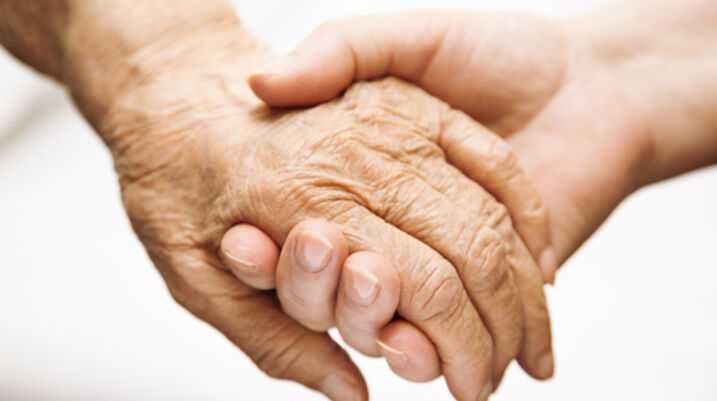Nursing home patients are unique because they need almost constant attention, physically and mentally. Though this is what our loved ones deserve, it is often not the treatment they receive. Studies have shown that between one and two million Americans over the age of 65 have been victims of abuse or neglect. But because it is often difficult for a nursing home resident to communicate whether they are being abused, it is necessary to be acquainted with the warning signs of nursing home abuse and neglect. Studies also show that only 1 in 14 incidents are brought to the attention of authorities. There are four main types of abuse in a nursing home: physical, emotional, sexual, and financial.
Physical abuse is the most obvious and most easily-realized form of neglect in a nursing home. There are a multitude of signs of physical abuse to elders, but some include bedsores, mysterious bruising or bleeding, cuts or swelling, burns, soiled clothing, evidence of over or under-medication, infections, frozen joints, considerable weight loss or weight gain, malnutrition, dehydration, signs of restraint, and unexplained death. If a nursing home resident behaves awkwardly around a certain worker or if a worker refuses to allow the resident to be seen alone, it is possible that the caretaker is attempting to hide something.
Emotional abuse often comes in the form of neglect, which is when an employee or caretaker does not perform the level of care necessary for a nursing home patient. Possible instances of emotional abuse are verbal threats, insults, the silent treatment, babying, manipulation, humiliation, isolation, and harassment.
Some telltale signs of nursing home neglect include depression, anxiety, sudden erratic behavior, emotional withdrawal, disappearance of personal items, mood swings, agitation, seclusion, and low self-esteem. Since these are often-times difficult to easily realize, it is important to regularly communicate with a nursing home patient and stay alert and perceptive at all times.
Sexual abuse is another serious form of nursing home abuse where a caretaker engages in non-consensual sexual contact with a patient. Possible occurrences of this include sexual assault or battery, rape, sodomy, forced nudity, sexually explicit photography, and sexual harassment.
Signs of sexual abuse in a nursing home include bruises around the genital or chest area, unexplained genital infections, trouble walking or sitting, stained or bloody clothing or sheets and vaginal or anal bleeding. These actions can be carried out by a nursing home caretaker, by another resident, by a stranger, or by a family member. One study showed that more than ½ of nursing home residents who were victims of sexual assault died within one year of their victimization.
Finally, financial abuse is rampant in the realm of elderly care. Studies have shown that 1 in 25 nursing home residents are financially abused, meaning that over 5 million of America’s elderly are taken advantage of financially every year. Common occurrences of financial abuse include the taking of a patient’s possessions, deceiving a resident into signing a financial document, cashing a patient’s personal checks, using a resident’s ATM card, and the provision of unnecessary services.
Signs of this abuse are abrupt changes in a patient’s will or other financial documents, the signing of contracts without the family’s involvement, unexplained withdrawals from bank accounts, forged signatures, and changes in banking practices.
Each state has resources including hotlines, helplines, information, explanations of the law, and links to relevant organizations. For state-specific resources, visit the National Center on Elder Abuse (NCEA) website. To receive a favorable outcome though, quality legal representation is very important. If you have a loved one that you believe may be the victim of nursing home abuse or neglect, you may be able to pursue justice through a nursing home lawsuit.
Contact a nursing home abuse attorney to see if your loved one is eligible to receive compensation for their pain and suffering and to ensure that they receive the best quality future care possible. Fill out a risk-free, no-cost case evaluation today today. Learn more about elder abuse and how it's being fought here.
